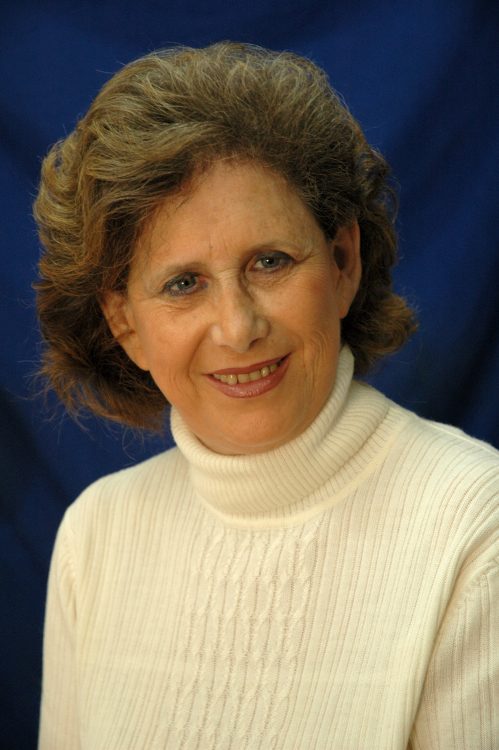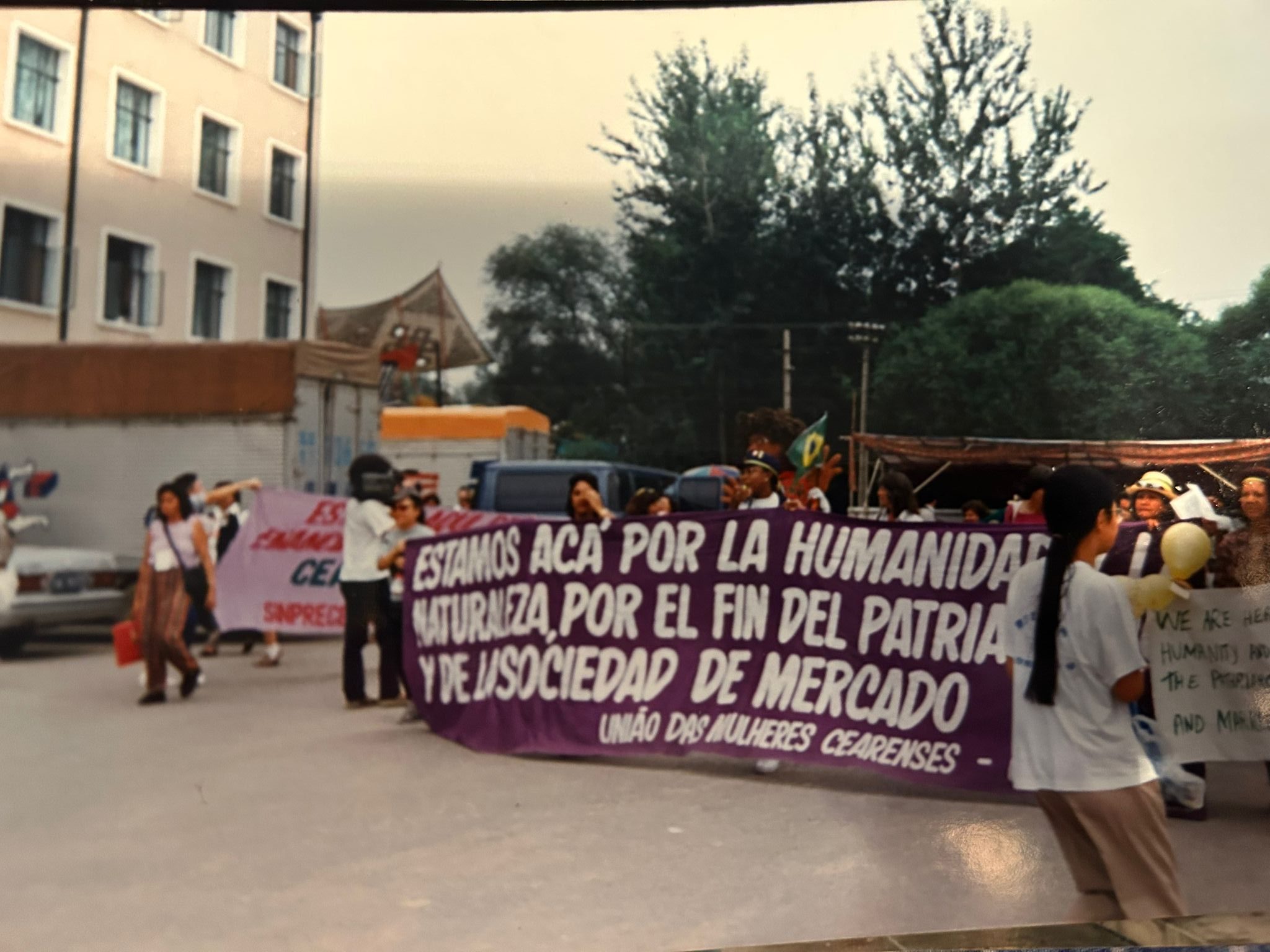The intergenerational struggle for gender equality presents both opportunities and tensions. Working with younger activists is essential, but it requires older generations to embrace new approaches. “Many times, we think, ‘We’ve always done things this way, why change?’ But we need to listen to younger women and update ourselves on how they want to work.”
What’s next for us?
Despite the slow pace of change, Sara remains hopeful. “Honestly, I thought we would go faster. But a constant drop can eventually make a hole in a rock. That is what we are doing – working hard, everywhere, to advance women’s rights.”
Marking 30 years since Beijing, her message to the next generation is clear: never stop. The journey is filled with both triumphs and frustrations, but perseverance is key. “What Hillary Clinton said in 1995 – ‘Women’s rights are human rights’ – gave me the strength to continue,” she reflects. “And slowly, slowly, we will get there.”
 Sara Winkowski, born in Montevideo, Uruguay, is a dedicated advocate for women’s rights, environmental education, and interfaith dialogue. With a Ph.D. in Environmental Education, she has worked in academia and international organisations, including UNEP and UN-Habitat.
Sara Winkowski, born in Montevideo, Uruguay, is a dedicated advocate for women’s rights, environmental education, and interfaith dialogue. With a Ph.D. in Environmental Education, she has worked in academia and international organisations, including UNEP and UN-Habitat.
She has held leadership roles in the International Council of Jewish Women, the World Jewish Congress, and B’nai B’rith International. A long-time participant in UN women’s conferences and environmental forums, she continues to champion human rights and interfaith engagement. She now resides in the U.S., committed to global advocacy.


 Sara Winkowski, born in Montevideo, Uruguay, is a dedicated advocate for women’s rights, environmental education, and interfaith dialogue. With a Ph.D. in Environmental Education, she has worked in academia and international organisations, including UNEP and UN-Habitat.
Sara Winkowski, born in Montevideo, Uruguay, is a dedicated advocate for women’s rights, environmental education, and interfaith dialogue. With a Ph.D. in Environmental Education, she has worked in academia and international organisations, including UNEP and UN-Habitat.